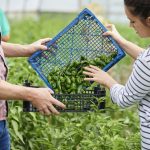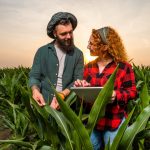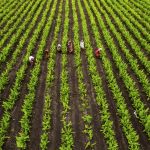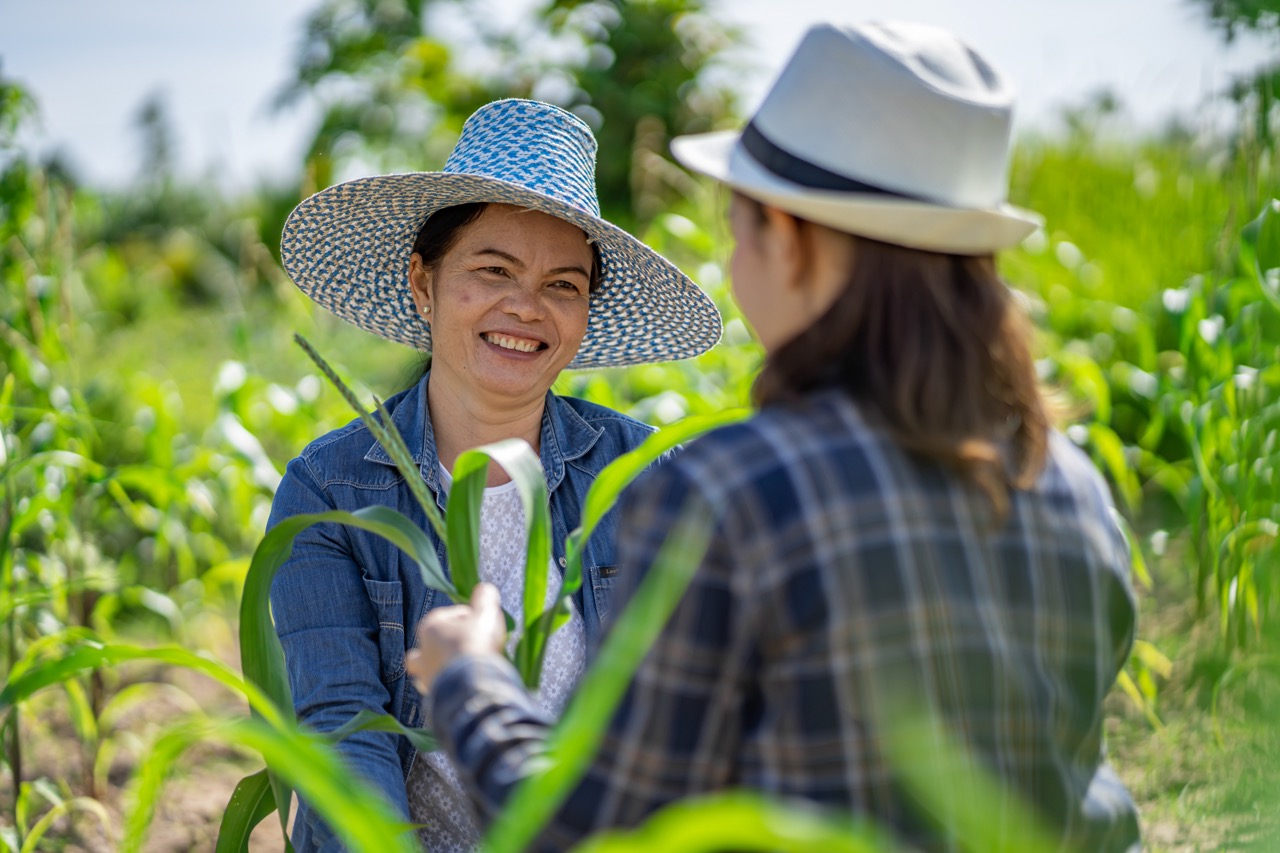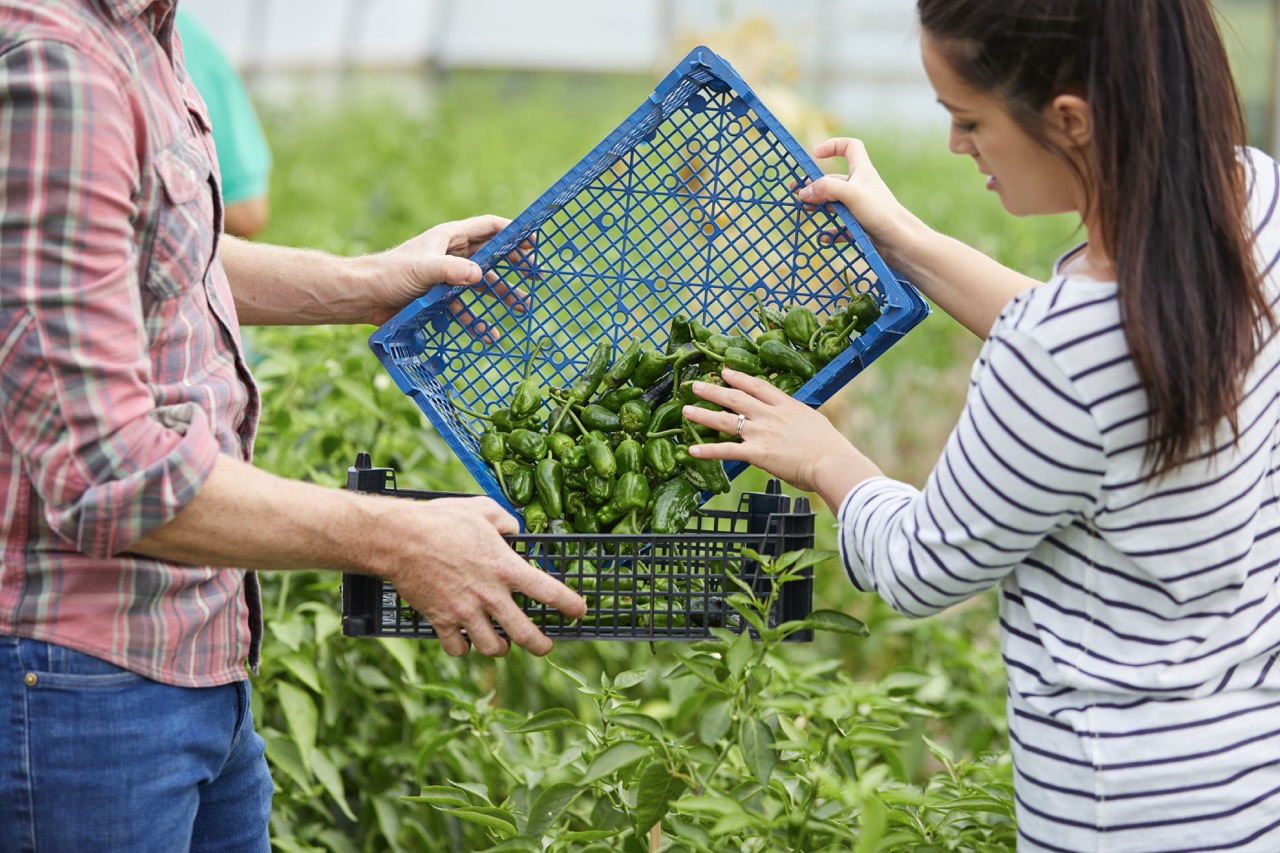Sharecropping, a system where landowners allow tenants to use their land in exchange for a share of the crops produced, has deep historical roots. However, in today’s fast-paced, technology-driven world, this age-old practice faces numerous challenges, from climate change to economic instability. To thrive, sharecroppers must embrace innovation and integrate modern technologies into their operations. By leveraging the latest advancements, sharecroppers can optimize productivity, improve sustainability, and ensure economic viability for generations to come.
Embracing Innovation: The Future of Sharecropping Today
The landscape of agriculture is rapidly changing, and sharecropping is no exception. Traditional methods of farming, while rich in history, often struggle to keep pace with the demands of contemporary markets and environmental challenges. Embracing innovation means adopting new agricultural practices that enhance productivity and sustainability. Sharecroppers can benefit from various technological advancements, including precision farming, biotechnology, and digital platforms that facilitate better communication with landowners and market stakeholders.
As sharecroppers integrate technology into their operations, they can improve crop yields and reduce waste through better resource management. For instance, using weather apps and forecasting tools can help farmers make informed decisions regarding planting and harvesting times. Moreover, the advent of automated systems, such as drones and smart irrigation technologies, allows for more efficient water usage and monitoring of crop health. This shift not only increases productivity but also fosters a more sustainable relationship with the environment.
Additionally, educational resources and training programs focused on technology adoption can empower sharecroppers. Local agricultural extension services can provide workshops on using various tech tools effectively, ensuring that all parties involved in sharecropping arrangements understand the benefits and capabilities of these innovations. By fostering a culture of continuous learning and adaptation, sharecropping operations can position themselves at the forefront of agricultural advancements.
Essential Tech Tools for Enhancing Agricultural Efficiency
To enhance agricultural efficiency, sharecroppers must leverage essential tech tools that support optimal farming practices. One such tool is farm management software, which allows for better planning, monitoring, and analysis of farming operations. These platforms help sharecroppers keep track of crop rotation schedules, input costs, and yields, ultimately leading to more informed decisions that promote profitability and sustainability.
Another significant technology is precision agriculture equipment, such as GPS-guided tractors and soil sensors. These tools enable farmers to apply water, fertilizers, and pesticides more accurately, minimizing waste and environmental impact. By utilizing data collected from these devices, sharecroppers can create detailed maps of their fields, allowing for targeted interventions that further enhance efficiency and crop health.
Mobile applications also play a vital role in modern agriculture. Many apps provide real-time market information, weather updates, and pest management advice, helping sharecroppers make timely decisions based on current conditions. By harnessing these tech tools, sharecroppers can optimize their operations, enhance crop quality, and ultimately improve their livelihoods.
Data-Driven Decisions: Leveraging Analytics in Farming
In the age of big data, analytics has become an indispensable tool for sharecroppers looking to enhance their operations. By collecting and analyzing data related to soil health, weather patterns, and crop performance, farmers can gain valuable insights that inform their decision-making processes. For instance, soil health data can indicate which nutrients are lacking, allowing for targeted fertilization that improves yields while reducing costs.
Moreover, predictive analytics can help sharecroppers anticipate challenges such as pest infestations or drought conditions before they impact their crops. By utilizing machine learning algorithms and historical data, farmers can develop models that project future conditions, enabling them to take proactive measures. This data-driven approach leads to more efficient resource allocation and improved resilience against unpredictable environmental factors.
Lastly, data sharing among sharecroppers and landowners can foster collaboration and innovation within the agricultural community. By creating shared databases and platforms for exchanging insights, farmers can learn from each other’s experiences and adapt best practices to their operations. This collective intelligence can drive continuous improvement and ultimately strengthen the sharecropping model.
Building Sustainable Practices Through Smart Technology
Sustainability is a critical concern in agriculture as environmental challenges become more pronounced. Sharecroppers can leverage smart technology to build sustainable practices that protect natural resources while ensuring economic viability. For instance, integrating renewable energy sources, such as solar panels, into farming operations can reduce reliance on fossil fuels and lower operational costs in the long run.
Smart irrigation systems, which utilize sensors to monitor soil moisture levels, allow sharecroppers to optimize water usage. By delivering the right amount of water at the right time, these systems not only conserve water resources but also promote healthier crops. Additionally, the use of cover crops and crop rotation can be enhanced through technology that provides real-time feedback on soil conditions, helping to improve soil health naturally.
Furthermore, promoting sustainable practices through technology can create new market opportunities for sharecroppers. Many consumers today prioritize sustainably sourced products, and certifications related to sustainable farming practices can open doors to premium markets. By combining technology with sustainable methods, sharecroppers can not only enhance their operations but also contribute positively to the environment and society.
The future of sharecropping lies in the successful integration of technology into traditional practices. By embracing innovation, utilizing essential tech tools, making data-driven decisions, and building sustainable practices, sharecroppers can significantly improve their operations. This transformation not only enhances productivity and profitability but also supports the long-term sustainability of their farming endeavors. As the agricultural landscape continues to evolve, sharecroppers who adapt to these changes will be better positioned to thrive in a competitive and challenging environment.


